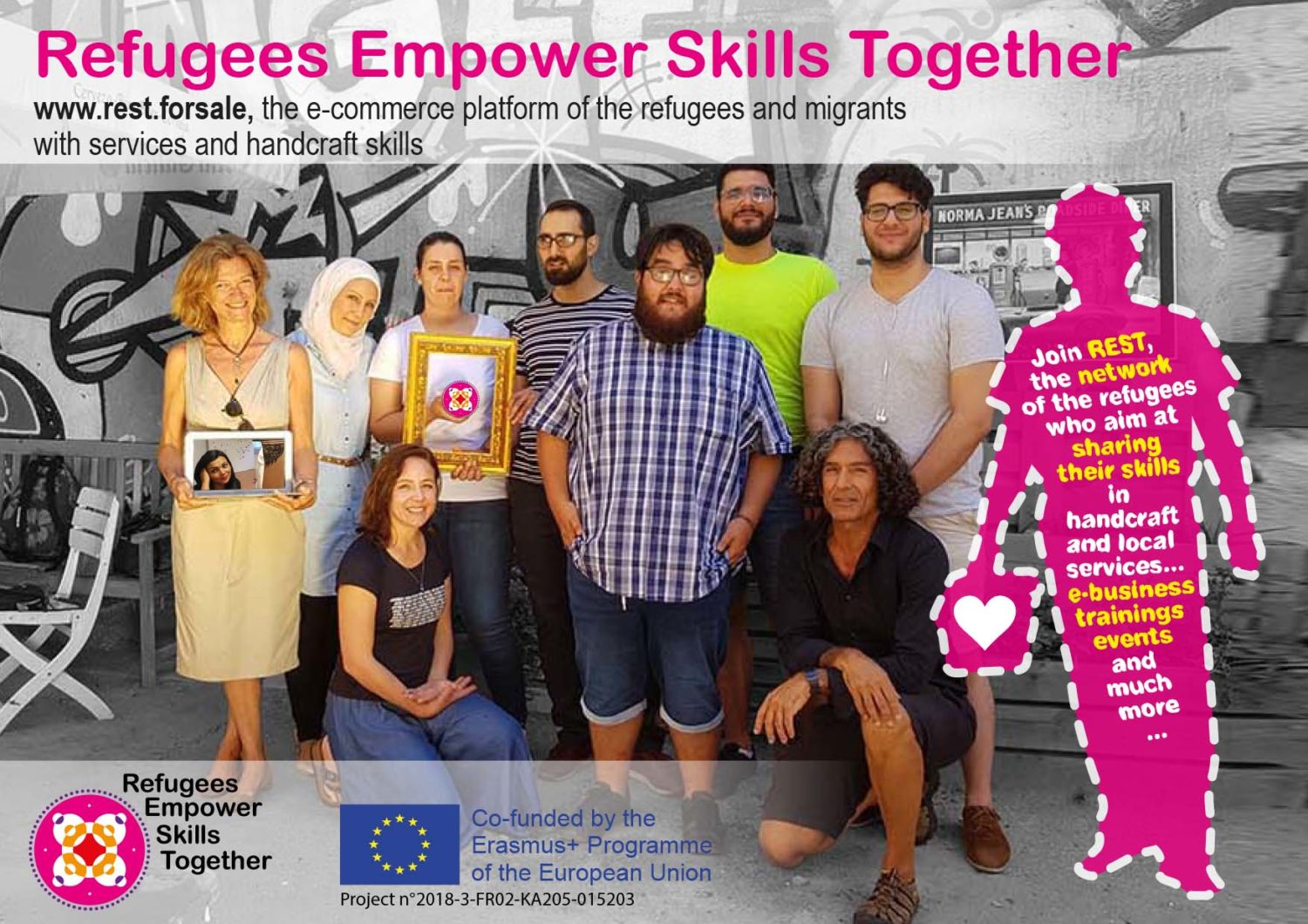https://www.emerald.com/insight/content/doi/10.1108/14779960910955873/full/html
The analysis highlights a conceptual disjuncture between the local aims of social inclusion and the transnational experiences of youth with refugee backgrounds. This conceptual disjuncture raises important questions about the potential effects of any program that aims to use ICTs to support young people from refugee backgrounds. While it is clear that a number of potentially positive outcomes are likely from using ICTs to promote social inclusion for refugee youth, several potentially negative outcomes are also apparent. It is argued that these potential harms tend to be overlooked because the foundational concepts of social inclusion assume a “local” community. One means of avoiding the potential for such harms could be to adequately recognise the extent to which individuals and groups participate in intersecting local and transnational communities, networks and flows of ideas, resources, and people.
